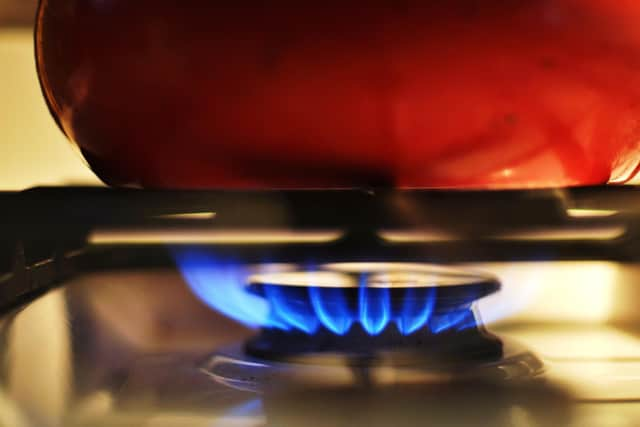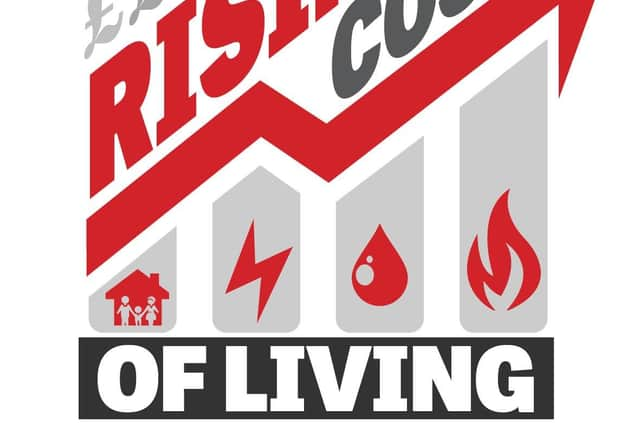Cost of living takes a toll on people's health


Recent studies have revealed the scale of the anxiety that is gripping the nation as people battle to make ends meet while cutting back on spending wherever possible.
One survey by the Office for National Statistics found that 77 per cent of people over the age of 16 admit to feeling “very or somewhat worried about the rising cost of living” with 50 per cent saying that they worry about it practically every day.
Advertisement
Hide AdAdvertisement
Hide AdNearly nine in ten said in another recent ONS study that their cost of living had increased, with more than half intentionally using less fuel such as gas and electricity at home, and almost half spending less on food while also cutting back on non-essential travel.


Average energy bills for families on a standard variable tariff went up by 54 per cent in April after a change in the government price cap, with another leap expected later in the year.
Of adults currently paying off a mortgage or a loan, rent, or shared ownership, almost a third reported that it was very or somewhat difficult to afford housing costs, and three per cent claimed to be behind on rent or mortgage payments in the reported period of the latter half of March, 2022.
Rishi Sunak increased government support for families and businesses by £15 billion within his measures that were announced last month.
Advertisement
Hide AdAdvertisement
Hide AdBut rocketing fuel costs, now above £2 a litre in many service stations, and rising prices of both food and energy, have led to calls for the government to take more action, with added subsidies and tax cuts.


The ONS anxiety survey also showed a stark divide between better-off Britons who were barely affected by the impact of inflation, and poorer people and communities, where worry was rife.
Disabled people and parents with young children were among those found to be most concerned about soaring costs of food,energy and petrol.
More than 80 per cent of disabled people and 90 per cent of those with dependent children said they were very worried about how to manage costs.
Advertisement
Hide AdAdvertisement
Hide AdExponential rises in the price of petrol are due largely to the increased cost of oil, linked to the Russian invasion of Ukraine and increased demand following the COVID-19 pandemic.


The high street, too, is suffering again from the impact of the nation’s reduced spending, as any disposable income people have is used up to pay for petrol, food and energy.
National World’s campaign, Cost of Living – Price Watch, aims to keep people informed of any changes taking place that affect our pockets and our daily lives, while giving a platform for readers to express their views and grievances on the current situation, as inflation keeps on rising, and families’ and individuals’ ready cash keeps diminishing.
We will also pass on expert advice on how to save on spending, and any government incentives proffered in a bid to minimise the effects of spiralling costs.